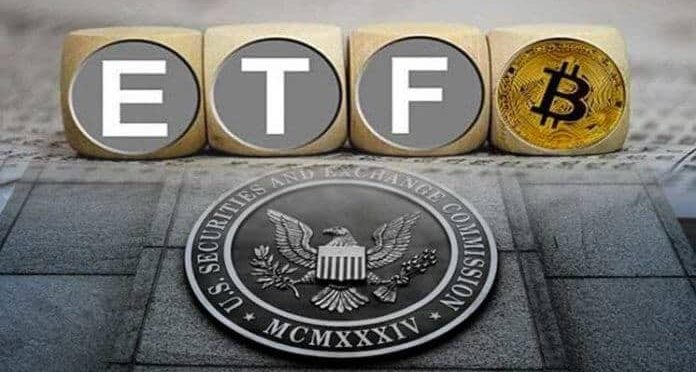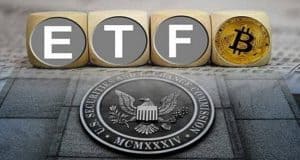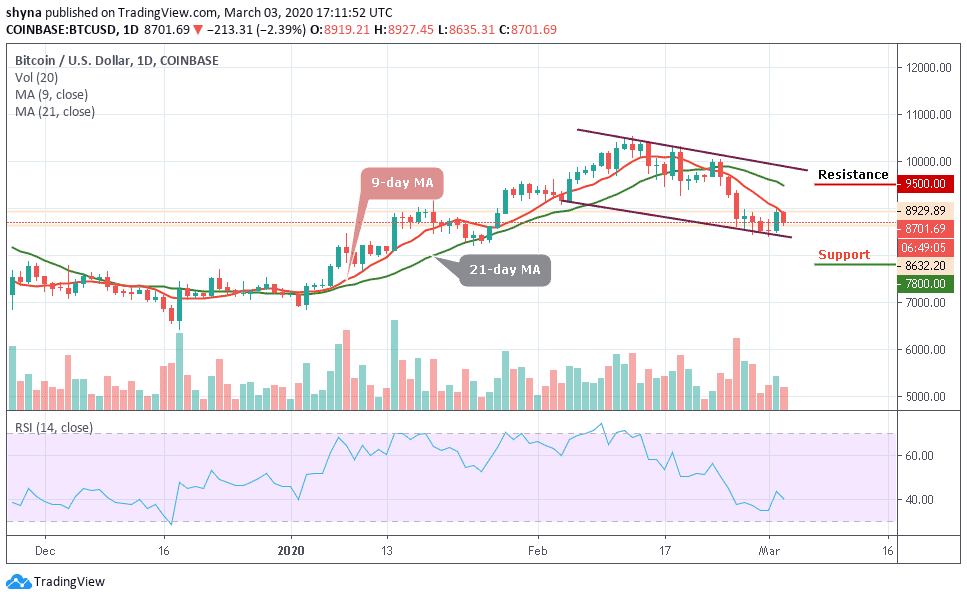Join Our Telegram channel to stay up to date on breaking news coverage
Wells Fargo, a popular investment banking institution and one of the most popular names on Wall Street, has been caught up in yet another scandal.
Earlier this week, the United States Securities and Exchange Commission (SEC) announced that it had reached an agreement with the financial services giant that will see the latter pay $35 million in compensation after it was found to have provided terrible investment advice to its customers.
Wells Fargo Was Shockingly Careless
According to the SEC’s statement, Wells Fargo Advisors Financial Network and Wells Fargo Clearing Services – two investor-facing subsidiaries of the company – had failed to ensure the effective supervision of several of their representative and investment advisors. Some of these professionals had gone on to recommend single-inverse exchange-traded funds (ETFs) to their retail customers, thus putting them at risk.
An inverse ETF, like the name states, is a financial investment that allows buyers to make bets on the performance of an underlying asset. However, unlike traditional ETFs, these tools provide holders with interest when the underlying asset doesn’t perform up to a certain benchmark. When single-reverse ETFs are held for more than a day (especially in volatile market situations), they could cause massive, unexpected losses for their holders.
The SEC explained in its statement that it had found that procedures and policies put forth by Wells Fargo had not been designed to detect and prevent the unsuitable recommendations of these financial instruments. The financial regulator also explained that the bank hadn’t adequately trained its workers to deal with the tools or supervised them on how to make recommendations. Thus, several Wells Fargo brokers and advisors had been recommending single-reverse ETFs without understanding the risks associated with holding the tools in the long term.
Antonia Chion, an Associate Director of the SEC’s Enforcement Division, explained, “Firms must maintain an effective compliance and supervisory programs to ensure that the securities they recommend are suitable for their clients” adding that the entire problem was a result of Wells Fargo’s failure to meet its obligations.
Crypto-Based Solutions Aren’t Allowed Too
The case seems to indicate that there is a need for higher checks in the ETF market, especially now that markets seem to be volatile in the wake of the COVID-19 virus. Last week was the single worst week for the US stock market since the economic crash of 2008, and if we’ve now got firms like Wells Fargo giving terrible investment advice on ETFs, it goes to say once more that traditional financial institutions have failed in their bid to protect investors.
Sadly, the SEC seems to be opposed to any solution that will come from the crypto space. Over the past year, no less than three institutional investment firms have made attempts at introducing Bitcoin ETFs to the market, thus providing an opportunity for investors to gain exposure to the crypto space via healthy investments.
Unfortunately, the SEC has denied every last one of these firms, claiming that it wasn’t impressed with their levels of investor protection. With an absence of innovation and what seems like traditional firms sleeping at the wheel, it seems the American ETF market isn’t so strong after all.
Join Our Telegram channel to stay up to date on breaking news coverage


